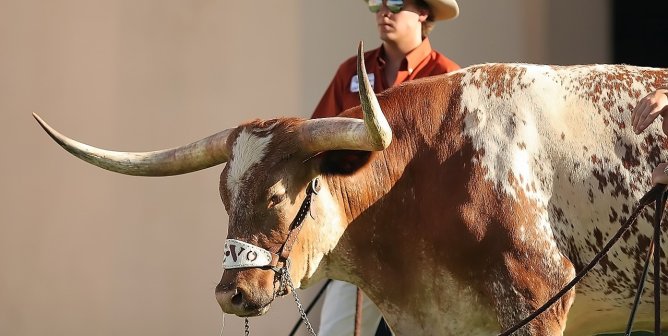Pigeon Intelligence and Other Faculties
Pigeons are known to be very intelligent. Experiments have shown that they can learn abstract rules about numbers (something only primates had been thought able to do), they can recognize all 26 characters in the English alphabet, and they can even distinguish between paintings of different styles and those by different artists. One behavioral psychologist who studies pigeons remarked, “Pigeons commit new images to memory at lightning speed. . . . They organize images of things into the same logical categories that human beings use when we conceptualize.” Pigeons have also been proved to have self-awareness and self-recognition in mirror tests and during tests using video, recognizing themselves even with a five- to seven-second delay from real time. This cognitive ability is superior to that of a 3-year-old human child.
Pigeons’ navigational abilities, which are largely dependent on keen vision and a superlative memory for topographic details, are legendary. A 10-year study of pigeon flight patterns conducted at Oxford University found that the birds rely more on their knowledge of human transport routes than on their internal magnetic compasses; one scientist said, “We followed some which flew up the Oxford bypass and even turned off at particular junctions. It’s very human-like.”
Pigeons also have excellent vision. They can see not just color but also ultraviolet light. They can see far better than humans can and also are able to concentrate on a visual task for many more hours than we can—a discovery that led to a joint Coast Guard and Navy venture called Project Sea Hunt, in which pigeons were used to spot orange life vests at sea.
Family Ties
Like humans, pigeons are family-oriented and devoted to their offspring. Pigeons begin to pair off when they’re about 6 months old, and they mate for life. Both parents care for their young, called “squabs,” taking turns incubating the eggs and feeding the babies “crop milk” that they each produce. Pigeons flock in large numbers in order to protect themselves from cats, hawks, owls, and rats and are very protective of younger birds. During breeding season, when there are many squabs in the flock, adult birds will feed any hungry baby, not just their own.
Read more about the findings of our investigation, and please take a stand for the birds abused by the barbaric “sport” of pigeon-racing by urging Chiang Wen-Chuan, head of the Animal Protection Division in Taiwan’s Council of Agriculture, to prosecute any violation of the country’s Animal Protection Act in deadly ocean pigeon races.





